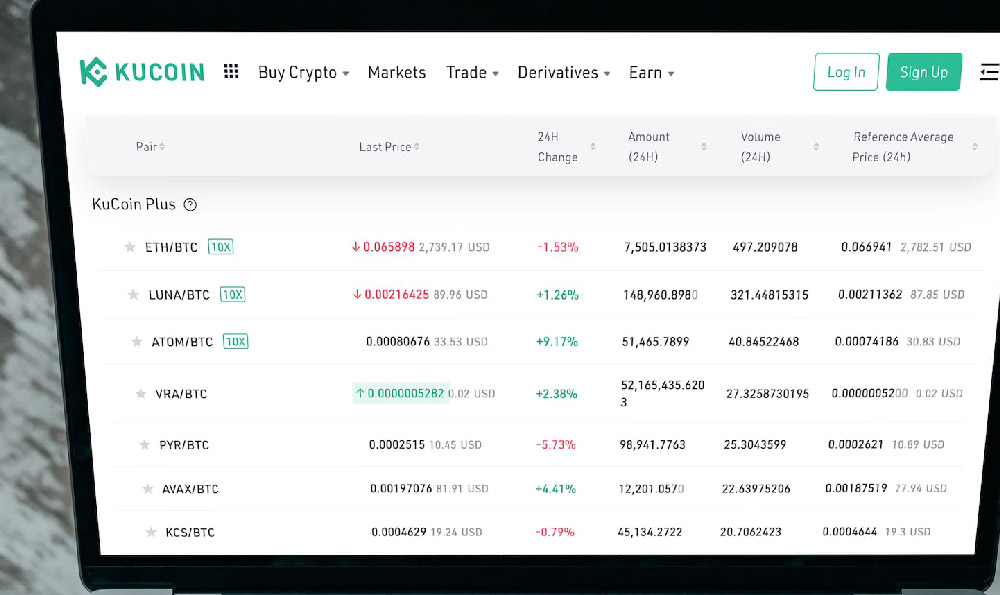Do Diesel Mechanics Earn Well? What is a Good Diesel Mechanic Salary?

Diesel mechanics, the backbone of transportation and heavy equipment industries, play a crucial role in maintaining the machinery that keeps our world running. The question of whether they "earn well" is multifaceted and depends on several factors, including experience, location, specialization, and employer. Understanding the dynamics that influence a diesel mechanic's salary is crucial for anyone considering this career path or seeking to optimize their earning potential within the field.
Several elements contribute to the overall salary structure for diesel mechanics. Experience is perhaps the most significant determinant. Entry-level mechanics, often fresh out of vocational schools or apprenticeship programs, naturally command lower wages due to their limited practical experience. As they accumulate years of experience and demonstrate proficiency in diagnosing and repairing a wider range of diesel engines and related systems, their earning potential increases substantially. Senior mechanics, with decades of experience, are often highly sought after for their expertise and can command top-tier salaries.
Location also plays a vital role in determining a diesel mechanic's compensation. Areas with a high demand for diesel mechanics, such as regions with extensive trucking industries, large construction projects, or active agricultural sectors, tend to offer higher wages to attract and retain skilled professionals. Metropolitan areas often have a higher cost of living, which is reflected in correspondingly higher salaries. Conversely, rural areas with lower living expenses might offer lower wages, although the demand for mechanics can still be strong, especially in agricultural communities. Geographical nuances can therefore significantly impact earning potential.

Specialization within the field of diesel mechanics can further influence salary levels. Mechanics who specialize in specific types of equipment, such as heavy-duty trucks, buses, or marine diesel engines, often command higher salaries than general diesel mechanics. Similarly, those who possess advanced certifications, such as those offered by the National Institute for Automotive Service Excellence (ASE), are typically more valuable to employers and can negotiate higher wages. Specializations that involve complex diagnostics, electronic engine management systems, or hybrid diesel technology are particularly lucrative, as these skills are in high demand and require extensive training and expertise.
The type of employer can also significantly impact a diesel mechanic's salary. Mechanics working for large trucking companies, construction firms, or government agencies often receive more competitive salaries and benefits packages compared to those working for smaller, independent repair shops. Unionized positions typically offer higher wages, comprehensive benefits, and stronger job security. Furthermore, employers who operate specialized equipment, such as mining companies or offshore drilling platforms, may offer premium pay to attract mechanics with the specific skills required to maintain their machinery.
The definition of a "good" salary is subjective and depends on individual financial goals, lifestyle, and cost of living. However, it's possible to provide a general understanding of what constitutes a competitive diesel mechanic salary. Entry-level positions often start at an hourly rate that translates to a modest annual income, reflecting the limited experience and training of the individual. As mechanics gain experience and expertise, their salaries can increase significantly. Mechanics with several years of experience and specialized skills can earn salaries well above the national average. Senior mechanics, particularly those with advanced certifications and specialized knowledge, often reach the upper echelons of the salary range. Beyond the base salary, many employers offer benefits packages that include health insurance, retirement plans, paid time off, and other perks. These benefits can significantly enhance the overall compensation and contribute to the financial well-being of the mechanic.
To maximize earning potential as a diesel mechanic, several strategies can be employed. Pursuing advanced certifications, such as those offered by ASE, demonstrates a commitment to professional development and enhances credibility with employers. Specializing in high-demand areas, such as electronic engine management systems or hybrid diesel technology, can make a mechanic more valuable in the job market. Continuously updating skills and knowledge through training programs and industry conferences is essential to stay abreast of technological advancements and maintain a competitive edge. Networking with other professionals in the field can also lead to opportunities for career advancement and higher-paying positions. Finally, seeking employment with reputable companies that offer competitive salaries and benefits packages is crucial for maximizing long-term financial success.
In conclusion, the financial rewards for diesel mechanics can be substantial, particularly for those who possess experience, specialized skills, and a commitment to professional development. While entry-level positions may offer modest salaries, the earning potential increases significantly with experience and expertise. By pursuing advanced certifications, specializing in high-demand areas, and seeking employment with reputable companies, diesel mechanics can build rewarding careers and achieve financial stability. The demand for skilled diesel mechanics remains strong across various industries, making it a promising career path for individuals with a passion for engines and a desire to work with their hands. The question of whether they "earn well" ultimately depends on the individual's dedication, skills, and strategic approach to career advancement within the field.















